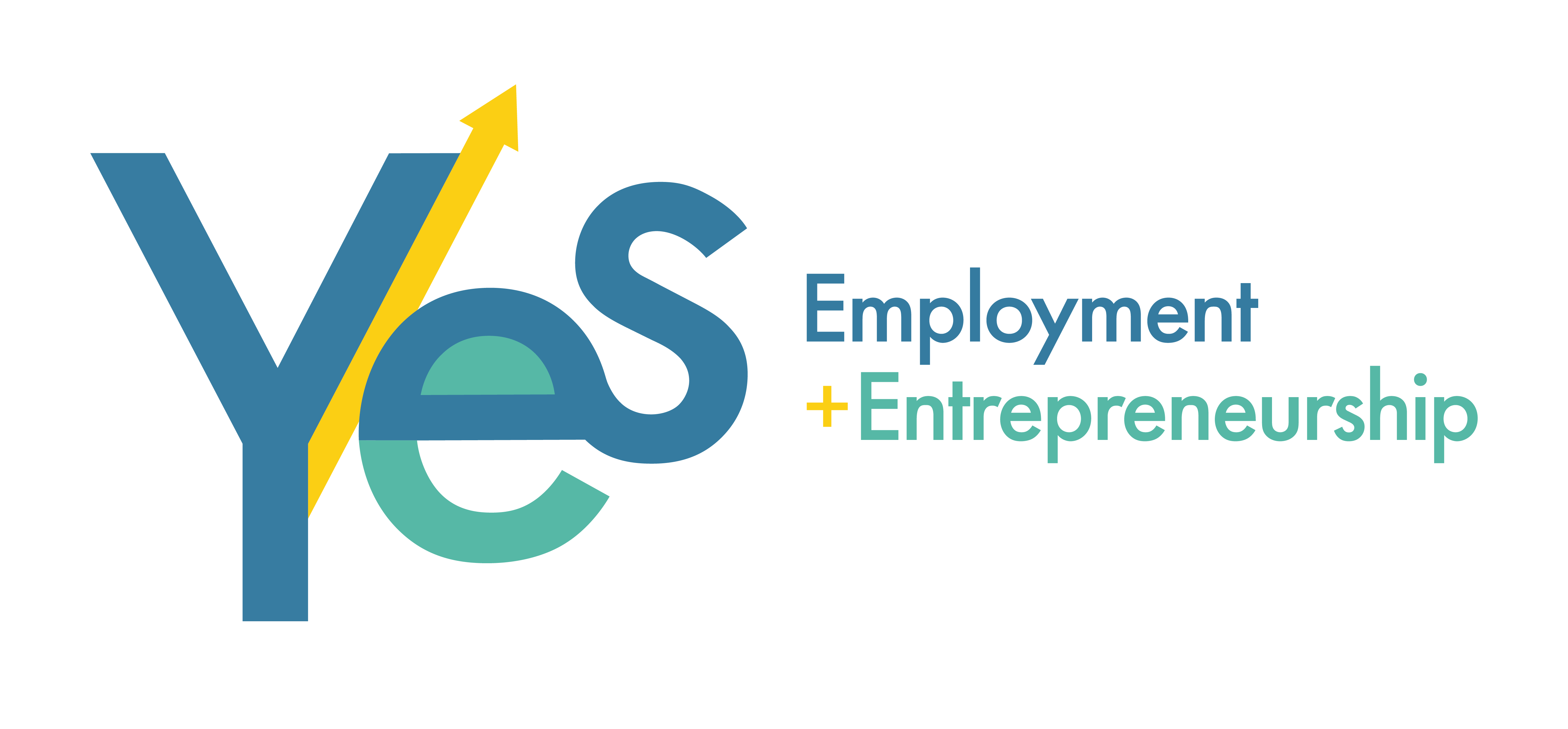How startups can create a culture where women can win
Silicon Valley’s bro culture is infamous. Bloomberg’s Emily Chang wrote an entire book about it aptly named Brotopia, where she called out the toxic culture women face in the tech industry. In software development, “shift left” refers to finding and fixing defects early in the product life cycle. To fix bro culture, we need to shift left and start early in the company life cycle: Startups must create a culture where women can win.
Given the serious barriers that women face, it’s important to celebrate the women who challenge the stereotypes and rise to the top of their STEM fields. Doing so can provide inspiration for girls and boys alike.
And there is no shortage of role models to choose from, as women in STEM hail from all corners of the globe. Seven outstanding women in their fields served on a special Women in STEM panel as part of a recent Forbes Technology Council event. They—and their incredible work—are worth celebrating.
The issues facing academic mothers have been discussed for decades. Coronavirus Disease 2019 (COVID-19) is further exposing these inequalities as women scientists who are parenting while also engaging in a combination of academic related duties are falling behind. These inequities can be solved by investing strategically in solutions. Here we describe strategies that would ensure a more equitable academy for working mothers now and in the future. While the data are clear that mothers are being disproportionately impacted by COVID-19, many groups could benefit from these strategies. Rather than rebuilding what we once knew, let us be the architects of a new world.
The Impact of COVID-19 on the Careers of Women in Academic Sciences, Engineering, and Medicine identifies, names, and documents how the COVID-19 pandemic disrupted the careers of women in academic STEMM during the initial 9-month period since March 2020 and considers how these disruptions – both positive and negative – might shape future progress for women. This publication builds on the 2020 report Promising Practices for Addressing the Under-representation of Women in Science, Engineering, and Medicine to develop a comprehensive understanding of the nuanced ways these disruptions have manifested. The Impact of COVID-19 on the Careers of Women in Academic Sciences, Engineering, and Medicine will inform the academic community as it emerges from the pandemic to mitigate any long-term negative consequences for the continued advancement of women in the academic STEMM workforce and build on the adaptations and opportunities that have emerged.
The COVID-19 pandemic has forced many workplaces to innovate rapidly in order to simply survive. But innovation is a critical component of our economic prosperity even during normal times. To be successful, Canada’s skills strategies must address skills for innovation across sectors — from solo entrepreneurs, to small and medium-sized businesses, to large corporations and even within government itself. While Canada has made significant efforts to foster a strong innovation economy, the pandemic has helped to reveal where these efforts have created strong foundations for success as well as areas where much remains to be done.
The goal of this study is to provide a review of Indigenous women entrepreneurship in Canada’s economy, identify the barriers to their entrepreneurial success, understand Indigenous women entrepreneurs’ unique approaches to innovation, and provide recommendations for a more inclusive ecosystem to support Indigenous women in their economic pursuits and social activities. The study uses a gender perspective to explore the profiles of Indigenous women-owned businesses, and takes a preliminary look at their use of traditional knowledge (collective knowledge of traditions used by Indigenous groups to sustain and adapt themselves to their environment over time).
Through conversations, #MOVETHEDIAL arrived at eight actionable behavioural changes (or “nudges”) that can help make innovation roles more accessible, welcoming and rewarding for women across all sectors.
Centered around inclusion, intention, and investment, #MOVETHEDIAL’s open-sourced Playbook serves as an important resource for companies of all sizes.
In recognition of the International Day of Women and Girls in Science, Food Tank is celebrating women like Wu who are driving innovation in the agriculture sector. These women are recognized for their technological contributions and leadership to ensure that younger generations will follow in their footsteps to support a healthy future for communities worldwide.
Although women make up more than half of the college-educated workforce in the U.S., they’re woefully underrepresented in STEM professions — both in terms of their presence at the table and their depressed compensation in comparison to their male counterparts.
It is critical that these numbers are improved and that we diversify our workplaces. Diverse workforces perform better and can result in improved financial performance. Ultimately, that makes all the sense in the world: Different minds, ideas, approaches and solutions are available when we give women a seat at the table.















